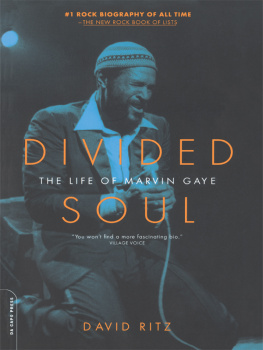Power in Modern Societies
First published 1993 by Westview Press
Published 2019 by Routledge
52 Vanderbilt Avenue, New York, NY 10017
2 Park Square, Milton Park, Abingdon, Oxon OX14 4RN
Routledge is an imprint of the Taylor & Francis Group, an informa business
Copyright 1993 by Taylor & Francis
All rights reserved. No part of this book may be reprinted or reproduced or utilised in any form or by any electronic, mechanical, or other means, now known or hereafter invented, including photocopying and recording, or in any information storage or retrieval system, without permission in writing from the publishers.
Notice:
Product or corporate names may be trademarks or registered trademarks, and are used only for identification and explanation without intent to infringe.
Library of Congress Cataloging-in-Publication Data
Power in modern societies / edited by Marvin E. Olsen, Martin N.
Marger.
p. cm.
Includes bibliographic references.
1. Power (Social sciences) I. Olsen, Marvin Elliot. II. Marger,
Martin N.
HMl36.P835 1993
303.3dc20
92-28612
CIP
ISBN 13: 978-0-367-28407-7 (hbk)
Contents
PART I
Power in Social Organization
, Dennis H. Wrong
, Amitai Etzioni
, Marvin E. Olsen
, Max Weber
, Richard M. Emerson
, Gerhard E. Lenski
, Robert S. Lynd
PART 2
Theoretical Perspectives on Power
, Karl Marx
, C. Wright Mills
, Robert L. Heilbroner
, Robert Michels
, Kenneth Prewitt and Alan Stone
, Alexis de Tocqueville
, Marvin E. Olsen
PART 3
National Power Structures
, C. Wright Mills
, G. William Domhoff
, Gwen Moore
, John Higley, Ursula Hoffmann-Lange, Charles Kadushin, and Gwen Moore
, Beth Mintz and Michael Schwartz
, Harold R. Kerbo
, Martin N. Marger
PART 4
Power and the State
, Robert R. Alford
, David A. Gold, Clarence Y.H. Lo, and Erik Olin Wright
, Ralph Miliband
, Alan Wolfe
, Fred Block
, Theda Skocpol
, Michael Mann
Guide
When an earlier version of this book, titled Power in Societies, was published in 1970, the topic of social power was still marginal to much sociological thinking. During the ensuing twenty-two years, however, power has become one of the most central concepts in the discipline. The exercise and structuring of social power is now a major concern not only within political sociology but also in general social theory and many other areas such as social stratification, race and ethnic relations, the community, economic sociology, social ecology, and even the family. Sociology has at last rediscovered social power.
This was a rediscovery, because the topic of social power had existed in sociological writings since Karl Marx emphasized it in the 1860s. Power had also been a critical factor in Max Webers writings in the early 1900s. Most sociologists, howeverespecially in the United Statespaid relatively little attention to power for several decades after that. American sociology was long dominated by two foci that did not involve power: (1) social psychological concerns with the behavior of individuals in society and (2) Parsonian theory with its emphasis on value consensus and normative expectations.
The sociological rediscovery of social power began in the 1950s with the publication of two pivotal books: Floyd Hunters Community Power Structure in 1953, which initiated a long string of studies dealing with the exercise of power in communities, and C. Wright Millss The Power Elite in 1956, which sparked a lively debate about the role of elites in modern societies. Also important was the belated attention American sociologists began giving to Marxs writings during the 1960s, attention that led to innumerable attempts to interpret and reinterpret his theoretical ideas. Finally, the conflicts that erupted in the United States during the 1960s over race relations, poverty, and other critical problems had the effect of radicalizing the cohort of sociologists entering the field at that time and making them increasingly aware of the role of power in social affairs. As this rediscovery of social power intensified in sociology during the 1970s and 1980s, it came to dominate much of the discipline and generated a number of important studies.
Our purpose in adding this book to that growing list of publications is to fill a void that remains in the literature. At present, there is no collection of original writings on power that can be used in the classroom to acquaint students with sociological thinking on this topic. ( Power in Societies is out of print, as are the few other collections of articles on power that appeared during the 1970s.) Power in Modern Societies is essentially an updating of that earlier book, based on the experiences that we have had in teaching political sociology courses during the past two decades. It is largely a new work, however: Only a third of its twenty-eight selections are retained from the earlier book. In selecting pieces for this volume, we have sought to present a mixture of classical and contemporary writings, both theoretical and empirical.
There have been so many sociological works on power in recent years that no single volume can encompass an adequate sampling of the literature. Consequently, this book focuses on four major themes: the nature of social power and its role in social organization, the three major theoretical perspectives on social power, current national power structures, and the use of power by the state and political elites. Each of those four parts of the book contains an introduction to its principal concerns and seven selections by other writers.
Although this work is primarily intended to be used as a textbook in upper-level undergraduate and graduate courses in political sociology and social power, it is also designed to serve several other audiences. These include political sociologists, who should find it a useful reference source; sociologists in other specialties who want an overview of recent writings on social power; political scientists who are interested in what sociologists have been saying about social power; graduate students in both sociology and political science who are attempting to become more familiar with the topic of social power; and students in a variety of other sociology and political science courses in which power is a recurring issue.
We therefore hope that many social scientistsboth professionals and studentswill find Power in Modern Societies a valuable addition to their libraries and a useful aid in teaching and learning about social power.
Finally, we want to thank Dean Birkenkamp of Westview Press for his continual encouragement and assistance throughout this endeavor.
Marvin E. Olsen
Martin N. Marger
The chapters in this book are taken from the following sources. Permissions to reprint are gratefully acknowledged.
1. Excerpted, with notes deleted, from Dennis H. Wrong, Power: Its Forms, Bases, and Uses (New York: Harper and Row Publishers, 1979), pp. 220, by permission of the author.
2. Excerpted from Amitai Etzioni, The Active Society (New York: Free Press, 1968), pp. 314323, 357361, by permission of The Macmillan Company and the author. Copyright by The Free Press, a division of Macmillan, Inc., 1968.

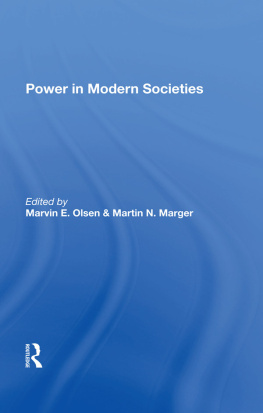


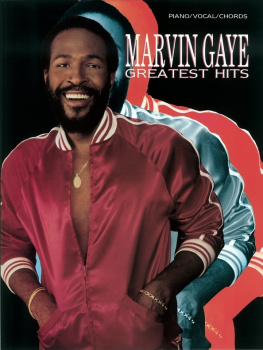

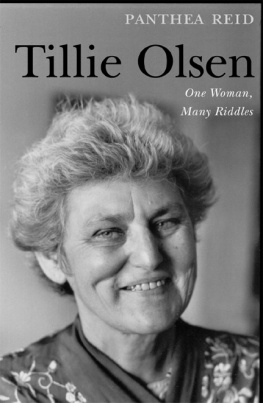
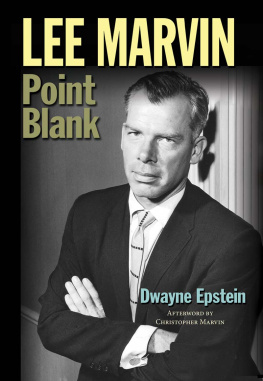
![Russ Olsen [Russ Olsen] - Eloquent Ruby](/uploads/posts/book/120775/thumbs/russ-olsen-russ-olsen-eloquent-ruby.jpg)
